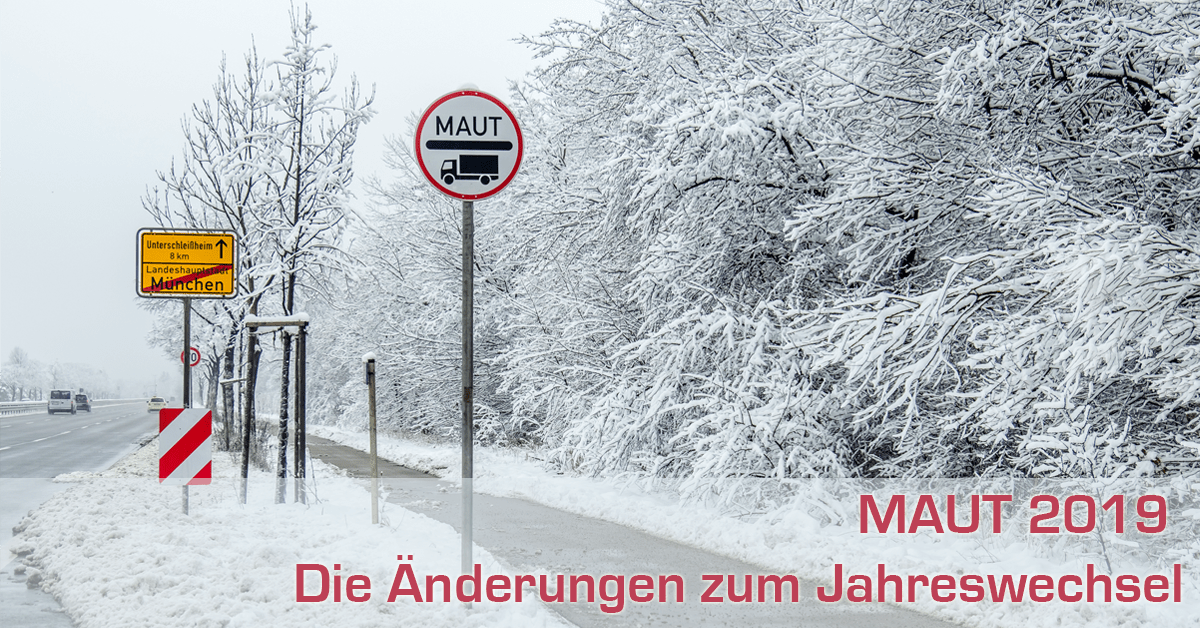The turn of the year means change – using opportunities together
Every turn of the year brings changes. Major economic and social challenges lie ahead of us. In a world that is moving ever faster, we need the courage and will to actively use the opportunities. Trustful communication connects people and creates added value, which is why our corporate philosophy is: the greatest possible service, optimal advice and efficient logistics processes.
At the turn of the year, new toll tariffs came into force in Germany. As early as 2017, the federal government decided to expand the truck toll for the almost 40,000 km federal road network in July 2018 and to increase the toll fees for the motorways in January 2019. Truck tolls include air pollution, noise pollution and infrastructure costs. Only vehicles with electric drives are exempt, but these are still very rare in the transport and logistics industry, as until recently the topic of electric drives was at best a “side topic” for truck manufacturers.
Unfortunately, this double jump in toll costs within a few months does not have an impact on freight costs. For a transport over 300 km, of which 150 km on a motorway and 100 km on federal roads, a modern 40 t combination previously had to pay a toll of 20 euros. Since January 1, 2019, that has been 46 euros - that is, more than doubling the cost. With an annual mileage of this combination of 120,000 km and an 80:20 split between motorways and federal highways, the annual toll increases from the previous 12,960 euros to 22,440 euros.
The German Freight Forwarding and Logistics Association (DSLV) has warned of the consequences of the toll expansion. Since all transport companies have to pass on the jump in costs to their business partners, industrial and commercial companies are threatened with a significant increase in their transport costs within Germany, which they may have to pass on to consumers.
In addition, rising personnel and diesel costs (2018: plus 20%) have a negative impact on the development of transport costs. Due to the environmental factors mentioned, we are also forced to implement a price increase of an average of 8% retroactively to January 1, 2019.






